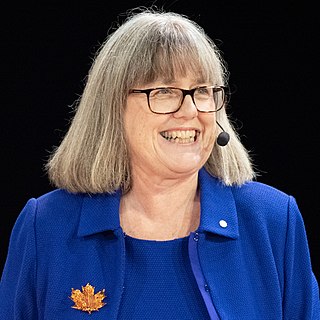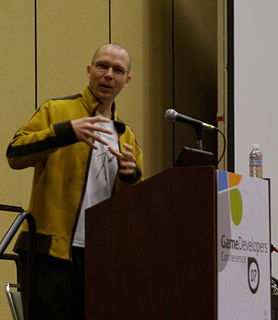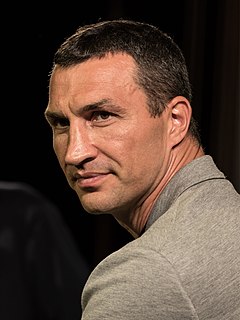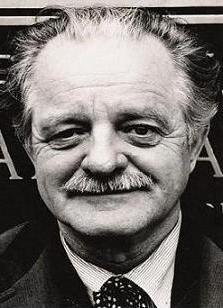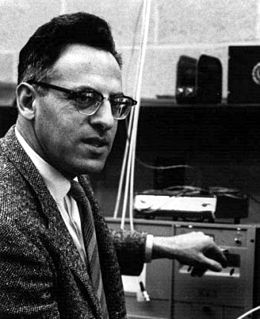A Quote by Neri Oxman
When I came to MIT, there were four rubrics: science, art, design, and technology. And as you entered your degree, whether it was a master's or a Ph.D., if you were a citizen in one domain, you were a traveler in the other.
Related Quotes
Education in my family was not merely emphasized, it was our raison d'être. Virtually all of our aunts and uncles had Ph.D.s in science or engineering, and it was taken for granted that the next generation of Chu's were to follow the family tradition. When the dust had settled, my two brothers and four cousins collected three MDs, four Ph.D.s and a law degree. I could manage only a single advanced degree.
Every disruptive innovation is powered by a simplifying technology, and then the technology has to get embedded in a different kind of a business model. The first two decades of digital computing were characterized by the huge mainframe computers that filled a whole room, and they had to be operated by PhD Computer Scientists. It took the engineers at IBM about four years to design these mainframe computers because there were no rules. It was an intuitive art and just by trial and error and experimentation they would evolve to a computer that worked.
Science fiction is fantasy about issues of science. Science fiction is a subset of fantasy. Fantasy predated it by several millennia. The '30s to the '50s were the golden age of science fiction - this was because, to a large degree, it was at this point that technology and science had exposed its potential without revealing the limitations.
You know, in college, I never got either degree, but I was a double-major in Computer Science and English. And English at Berkeley, where I went to school, is very much creatively-driven. Basically, the entire bachelor's degree in English is all about bullshitting. And Computer Science, which was my other major, was exactly the opposite of that. You had to know what you were doing, and you had to know what you were talking about.
I have a Ph.D. in philosophy and sports science. At 14, I went through this really tough Soviet training system. A lot of my roommates got psychologically broken or physically injured. Either you came through, or you were out. I made my Ph.D. work in the field of young athletes aged 14-19 because at this age any human is changing.
I wouldn't say the anthropologists were making art, but they were definitely justifying their practices with very personal reasoning, passion, and they were also experimenting with form. There was a sense of trying to be as sincere as possible, whether you were investigating something far away from you or very close.
I was first drawn to active wear because I enjoy working out, and it's very important in this day in age. I really felt women were getting the tail end of the design in active wear; not getting the technology or design we deserved. It was reserved for men. We were getting the leftover work from the sports design houses.
The moral issues with which Marcus struggles would be, as he points out, unchanged whether the universe were mechanical and devoid of meaning or value or ruled by deity or Providence; whether the will were in fact free or determined; whether there were or were not a future life, or any even fugitive rewards and punishments at all.
We thought that the odds of things working OK were up in the upper 90 percent or we wouldn't have gone. But the - there were some problems cropped up on the flight but was able to take care of those OK and - although they were things that we hadn't really trained that much for. But it was the time of the Cold War and so there were was a lot of pressure on the - to get going and the Russians were claiming that they were - Soviets were claiming they were ahead of us in technology.
I was nurtured on Greek Mythology and the classical epics. I lived and breathed Homer. Other mythologies - the Russian, the Norse, the Persian, the Indian, Egyptian, etc. - all came later. First and foremost were the Greeks, and they were all living in my head as though I were Zeus and they were a clamoring Chorus of Athenas.




